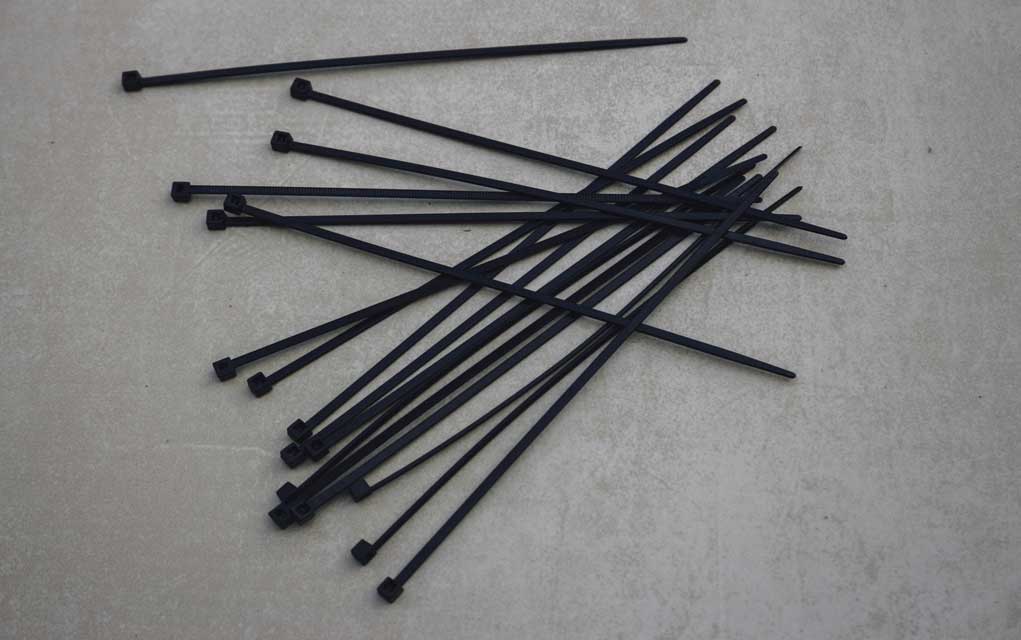(ModernSurvival.org) – Federal agencies collect large quantities of money owed to individual citizens for a variety of reasons. Unfortunately, these groups don’t always have the resources to track down all of these people and distribute the money to them. The money comes from pensions, businesses that failed to pay wages properly, bank and credit union failures, insurance policies, investment scams, and more.
Often, the only way to determine if you’re owed money from the federal government is to search through an agency’s database. Because many agencies could hold your cash, the government provides a convenient website to make it easier to find your money. Usa.gov houses links to many such agencies, but it falls on your shoulders to search through each agency to locate potential paydays.
Types of Funds Federal Agencies Collect
While you would likely believe that when a business owes you money, it needs to be collected directly from the company itself, this isn’t always the case. In many instances, the business will hand these funds over to a government agency which then becomes responsible for returning them to individual creditors. Should these people frequently move, getting their money to them becomes challenging.
Some of the agencies that collect that money include:
- Department of Labor (DOL): If a business fails to pay an employee wages at some point, the Department of Labor collects that money and holds it for up to three years. DOL maintains a database for workers to search for back wages.
- Federal Deposit Insurance Corporation (FDIC): When a bank fails, the FDIC covers up to $100,000 in lost deposits per individual.
- National Credit Union Administration (NCUA): Similar to the FDIC, the NCUA pays depositors after a credit union fails.
- Pension Benefit Guaranty Corporation (PBGC): When a company goes out of business or ends a pension plan, former workers may be entitled to that pension. It’s the Pension Benefit Guaranty Corporation’s job to get these benefits paid. The PBGC has roughly 80,000 unclaimed pensions at this time.
- Securities and Exchange Commission (SEC): The SEC investigates fraudulent investment practices and collects money companies owe investors.
- U.S. Bankruptcy Courts: When a company declares bankruptcy, the U.S. Bankruptcy Courts collects and distributes money from the business and distributes it to lien holders.
- Bureau of Fiscal Service: A division of the U.S. Treasury Department, the Bureau of Fiscal Service collects money owed to U.S. nationals from foreign governments after an individual suffers a loss of property.
Federal Money You Might Be Owed
Individual government agencies may also owe you money for a number of reasons. Here are some agencies that could owe you money:
- Internal Revenue Service IRS: If a tax refund check sent out from the IRS isn’t cashed or is returned to the agency (such as when the recipient has moved), then the agency still owes that person money.
- U.S. Department of Treasury: Savings bonds that reach maturity and are no longer accruing interest sit in limbo when the owner loses the savings bond. These are often purchased from the U.S. Treasury to support war efforts or as gifts for newborn children.
- Federal Housing Administration (FHA): Homeowners who had an FHA-backed insurance policy on their mortgage might be owed money after they pay off or refinance their mortgage and no longer require mortgage insurance.
- Veterans Affairs (VA): Veterans or their beneficiaries might be owed money for a life insurance policy issued by the U.S. Department of Veterans Affairs.
States Also Hold Unclaimed Funds
Individual states also set up agencies to handle other types of unclaimed funds, such as security deposits, money orders, the contents of safety deposit boxes, and more. When an organization can’t contact the individual they owe money to, they turn it over to the state’s unclaimed property agency.
The National Association of Unclaimed Property Administrators maintains a website with links to each state’s unclaimed property agency. If you believe you may be owed money, this is a good place to begin your search.
Copyright 2023, ModernSurvival.org













